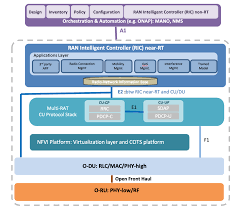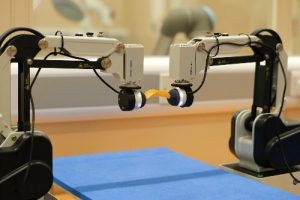The universities of York, Bristol and Surrey are to share £28 million from the government to work with Ericsson, Nokia and Samsung on developing future O-RAN networking technologies.
The universities will work with UK academics and industry players to ensure future network are designed to support O-RAN to promote a more diverse and innovative telecoms market.

O-RAN enables operators to ‘mix and match’ equipment from several suppliers within a network, and is crucial to the government’s strategy to end the UK’s reliance on a small number of firms to build and maintain 5G networks.
Last week the US, Canada and Australia committed to closer cooperation to diversify telecoms supply chains.
As part of this, they signed up to the UK’s principles for developing and deploying O-RAN equipment.
The principles aim to direct public and private investment in O-RAN so that it delivers on its promise of a more competitive, innovative and secure telecoms market.
The UK 5G Diversification Strategy, published November 2020, sets out where the government will remove barriers for new vendors, invest in open technologies like O-RAN and work with like-minded countries to achieve the shared aim for secure and resilient telecoms supply chains.
The UK aims at having 35% of mobile network traffic passing through O-RAN by the end of the decade.
 Electronics Weekly Electronics Design & Components Tech News
Electronics Weekly Electronics Design & Components Tech News

